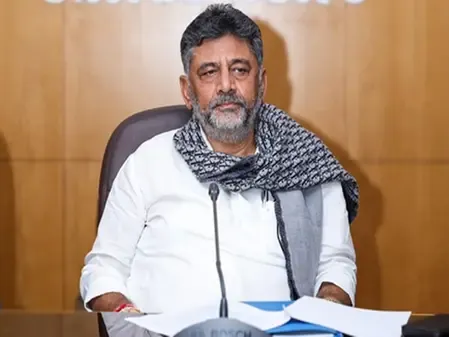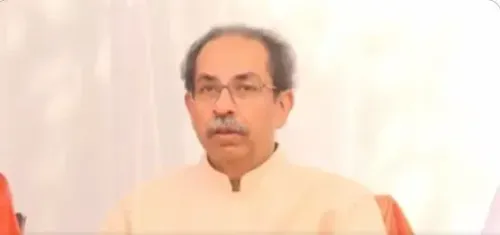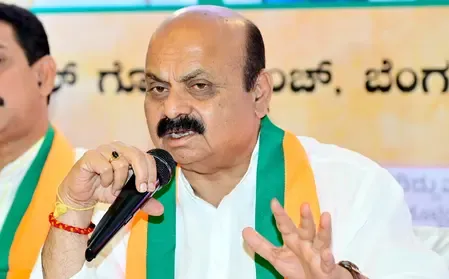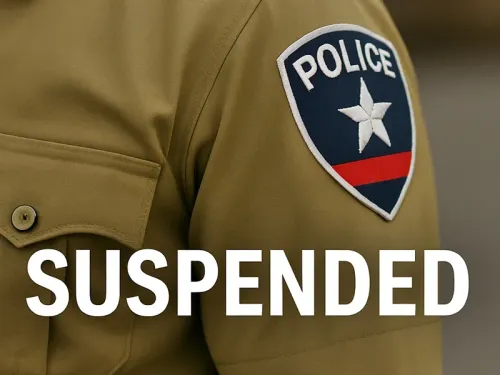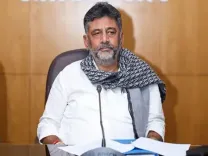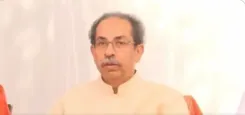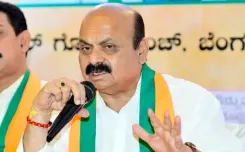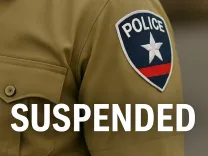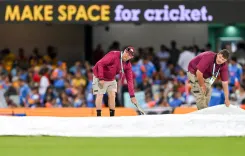Is the Settlement of the Ukraine Conflict Really Complicated?
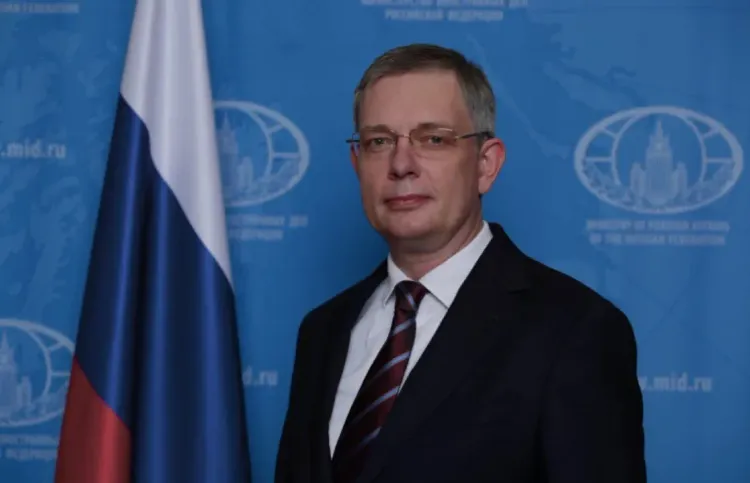
Synopsis
Key Takeaways
- The Ukraine conflict remains a complex issue requiring comprehensive negotiation.
- Temporary ceasefires have been frequently violated by Kyiv, according to Alipov.
- India's Operation Sindoor showcased the effectiveness of Russian military technology.
- Alipov emphasized the importance of ending the war rather than merely ceasing fire.
- Discussions about future military cooperation between India and Russia are ongoing.
New Delhi, May 28 (NationPress) Russia's Ambassador to India, Denis Alipov, acknowledged that the resolution of the Ukraine conflict is incredibly complicated, emphasizing that the priority should be on concluding the war rather than merely implementing temporary ceasefires. He accused Kyiv of frequently breaching ceasefires but pointed to the recent prisoner exchange as a positive sign. However, he clarified that a ceasefire alone won't lead to lasting peace in Ukraine.
In an exclusive conversation with IANS, Alipov discussed various topics, including India's successful Operation Sindoor and effective use of Russian military equipment, particularly the S-400 air defense system and the highly effective 'Made in India' BrahMos missiles.
Excerpts:
IANS: What was your initial reaction following the April 22 Pahalgam terror attack?
Denis Alipov: It was a horrific crime, widely condemned. All of Russia, including President Putin, expressed support for India immediately following the tragedy, sending a message to Prime Minister Modi expressing our condolences and hoping for the identification and punishment of the perpetrators. India has successfully carried out this task. We maintain that there cannot be double standards in the fight against terrorism, whether transnational or otherwise, and we have consistently stood by one another in this regard. Last year, India promptly supported Russia following a major terror attack in a Moscow shopping mall. We also collaborate at the UN, where Russia has backed a draft convention proposed by India to combat terrorism, which we believe should be adopted without delay.
IANS: What is your assessment of Operation Sindoor and the effectiveness of the S-400 and other Russian equipment used by India?
Denis Alipov: India has made its objectives clear and has taken action after identifying targets and the terrorists it aimed to eliminate. According to our information, during the operation, the S-400 system and BrahMos missiles were deployed, and reports indicate their performance was exemplary.
IANS: The BrahMos missiles also demonstrated significant effectiveness during Operation Sindoor...
Denis Alipov: Our joint venture in designing and producing these weapons has yielded very satisfying results, and we see promising prospects for further collaboration. We wish to expand this partnership as well as other areas we have previously discussed and those that are already in progress.
IANS: Prime Minister Modi has emerged as a formidable leader on the world stage, and his discussions with President Putin are significant given the current situation...
Denis Alipov: There is no doubt about Prime Minister Modi's credentials anywhere in the world. His strong leadership is guiding the nation towards global prominence. Both India and Russia advocate for a multipolar world order free from dominance by any single power or coalition, emphasizing equal international relations. This was reaffirmed in the dialogue between President Putin and Prime Minister Modi on May 5.
IANS: Is President Putin's visit to India confirmed? It is expected that Russian Foreign Minister Sergei Lavrov will also be in New Delhi next month...
Denis Alipov: We have intense interactions between the foreign ministers. There will be visits by Russian officials to India, and high-level Indian officials will visit Russia this year. The leaders will meet and discuss a comprehensive agenda, as they have always done, given our diverse relations. The specific dates will be announced shortly once the details are finalized.
IANS: What is the likelihood of achieving a ceasefire between Russia and Ukraine?
Denis Alipov: The resolution of the Ukraine conflict is very intricate, rooted in serious underlying issues that must be addressed. A ceasefire alone will not establish peace in Ukraine. Russia has repeatedly proposed ceasefires, which we honored, but the Ukrainian side often violated them. We are uncertain if a prolonged ceasefire would succeed. However, we are open to discussing ceasefire as part of a broader settlement within the negotiations that we have consistently advocated. It is encouraging that the Ukrainian side accepted our initiative and recently resumed negotiations in Turkey after almost three years, which went well. A substantial prisoner exchange has already been completed, and we hope the next round of talks will occur soon. Our focus should remain on negotiating an end to the war, not just on ceasefires. A ceasefire can be a component of these negotiations, but it will not guarantee peace in Ukraine.
IANS: Finally, are there discussions about India acquiring more S-400s?
Denis Alipov: Discussions on this topic, as well as others, are ongoing. It is a continuous dialogue, but it would be premature for me to comment on the outcomes at this stage.

